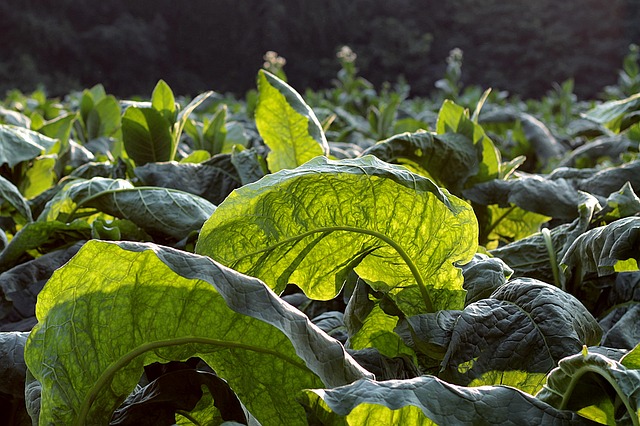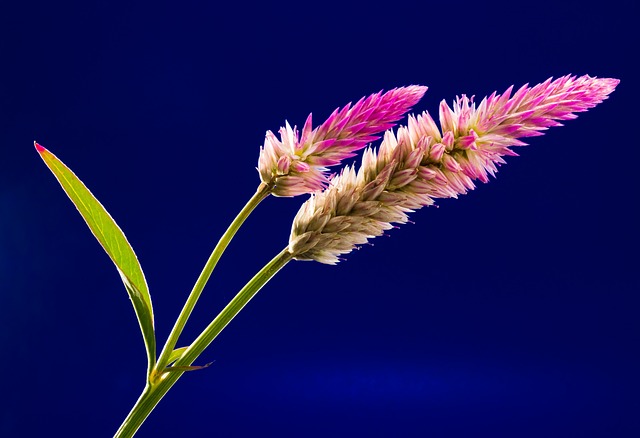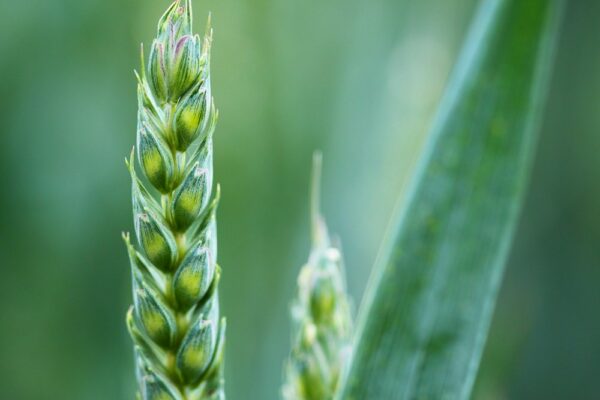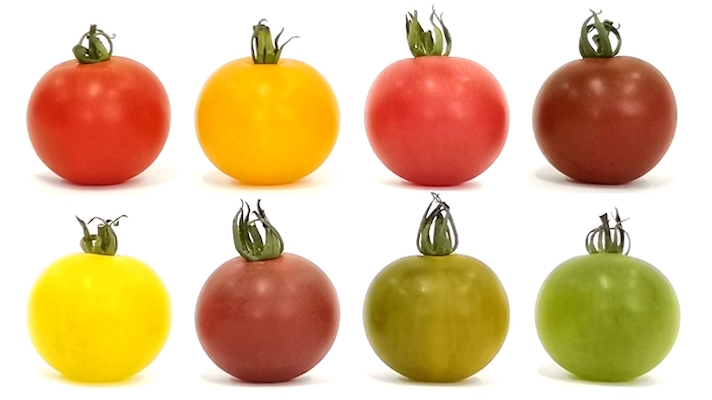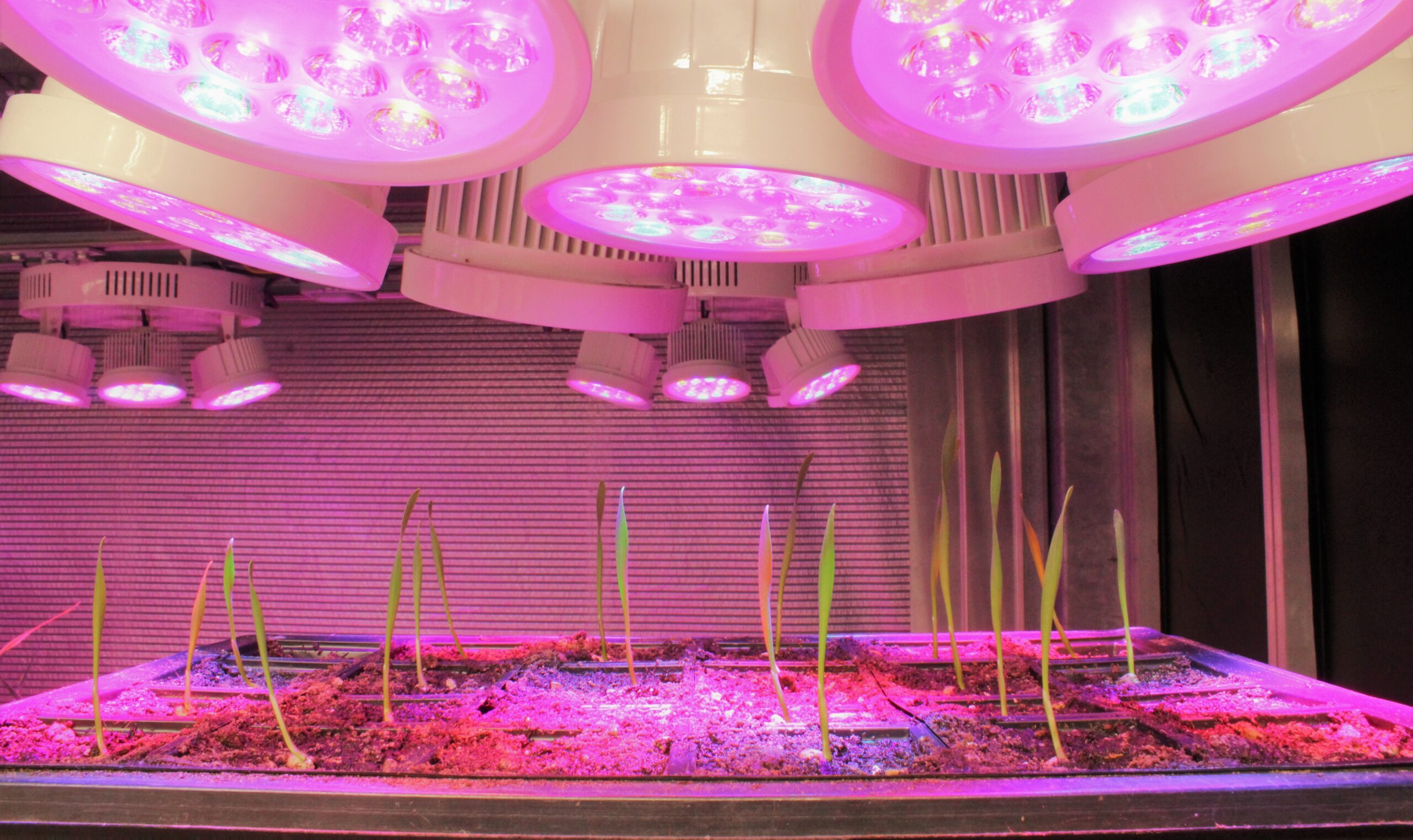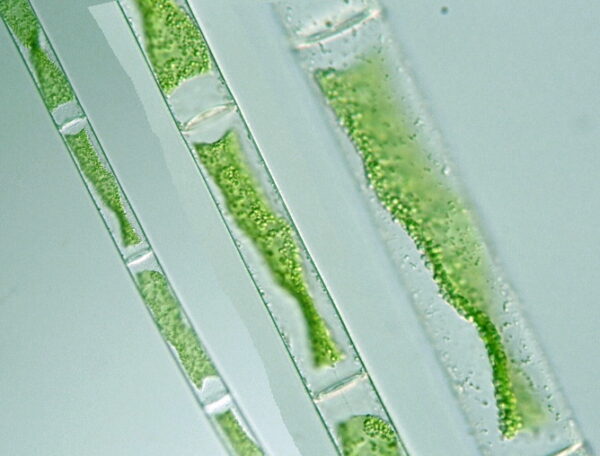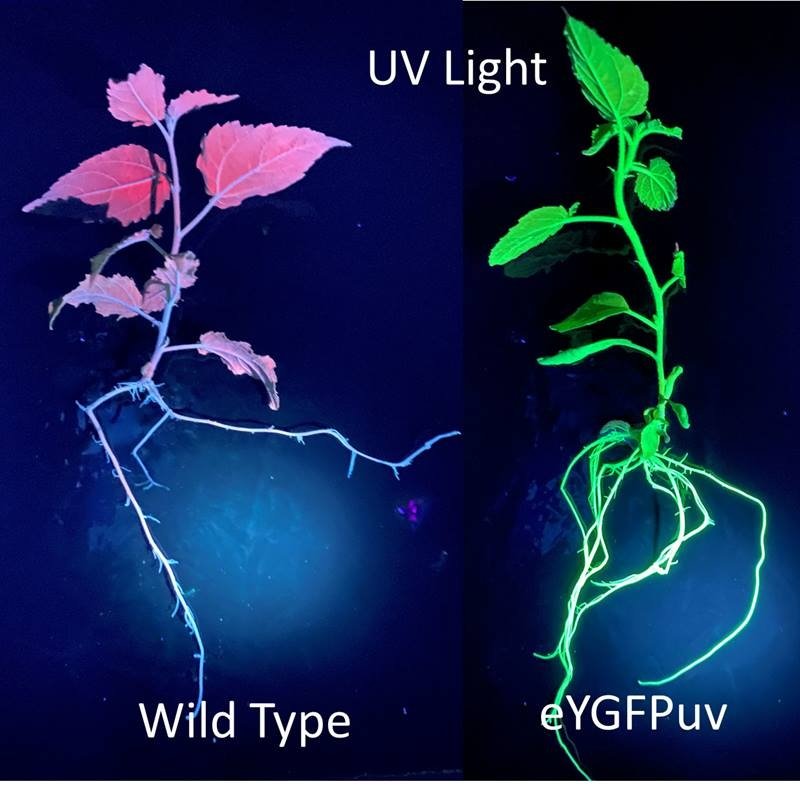
Biologists often use green fluorescent protein (GFP) to see what happens inside cells. GFP, which scientists first isolated in jellyfish, is a protein that changes light from one color into another. Attaching it to other proteins allows researchers to find out if cells produce those proteins and where within cells to find them. This in turn shows how cells deliver and use genes.


